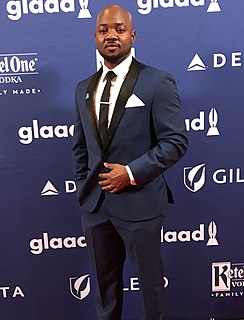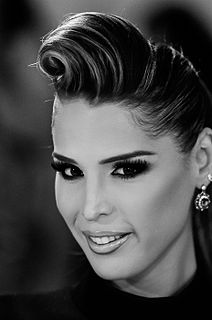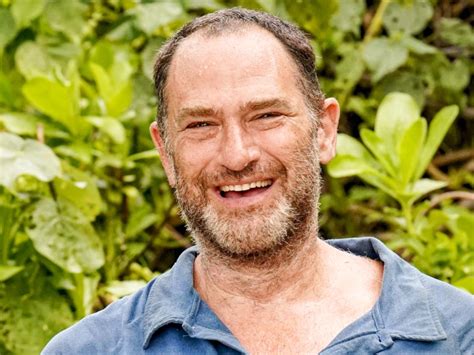A Quote by Dean Spade
Instead of focusing on what the law says about trans people, which is really what the law is saying about itself as a protector of trans people, we should be focused on what systems of law and administration do to trans people and our interventions should aim to dismantle harmful, violent systems such as criminal punishment and immigration enforcement.
Related Quotes
Most Americans need to be told discrimination against trans people is against the law. Instead of looking at us as people, they look at us as not people. If there's a law that states this treatment is not allowed, I'd feel safer to function more confidently in society because I'd know I'm protected by the law in the country I pay taxes in.
One particular debate that I have seen play out again and again is whether trans people who have more traditional gender expressions or who "pass" more should be the ones who are represented. A recent advocacy guide focused on advocating around trans health care access produced by the largest trans advocacy organization in the US instructs readers that advocacy will be more successful if the message is delivered by people who pass as non-trans men and women.
When it comes to trans people, we have to acknowledge their humanity and their dignity and listen to their voices and celebrate their courage. So much of the legislation that's happening across the world right now is not about bathrooms. It's about whether or not trans people have the right to exist in public and that's horrible. So many of our leaders are making an effort to erase trans people from our society and that angers me so much. I want to do everything in my power to stop that.
There's this belief sometimes from people who haven't lived the trans experience that's just like, 'You should tell everyone. You owe it to them.' But the truth is, you don't know how people are going to respond. And many people don't even have the language to talk about what their trans experience is, or what it could be.
I think it's really important to champion stories from trans women and trans women of color. That demographic has gone unheard and unsupported for so long, and it's really the community that's struck the hardest by a lot of issues. I try to do a lot of work to champion trans feminine issues and stories, but that said, I do have a personal and deep investment in seeing trans masculine stories reflected in culture. It is a little disappointing to me that trans men and trans masculine people have not really been part of this media movement that we're experiencing right now.
Trans voices are really underrepresented, and trans stories are really underrepresented, and when they are presented, they're often reductive. I was interested in putting a trans person and a trans narrative on stage that didn't fall into cliché, that thought a bit more deeply about the experience of being trans, and how those issues tie into things that we all experience. How we tell the story of our lives, versus what might have actually happened, and how we communicate to our former selves. All of those questions were really interesting to me.
When you hear anyone policing the bodies of trans women, misgendering and othering us, and violently exiling us from spaces, you should not dismiss it as a trans issue that trans women should speak out against. You should be engaged in the dialogue, discourse, and activism that challenges the very fibers of your movement.
Many in the trans community are fed up with L.G.B.T. organizations that continue to erase trans identity or just give lip service to trans issues. We need our cisgender allies - gay and straight - to treat transgender lives as if they matter, and trans people need multiple seats at the tables in the organizations that say they're interested in L.G.B.T. equality; this absence has been painful since Stonewall.

































